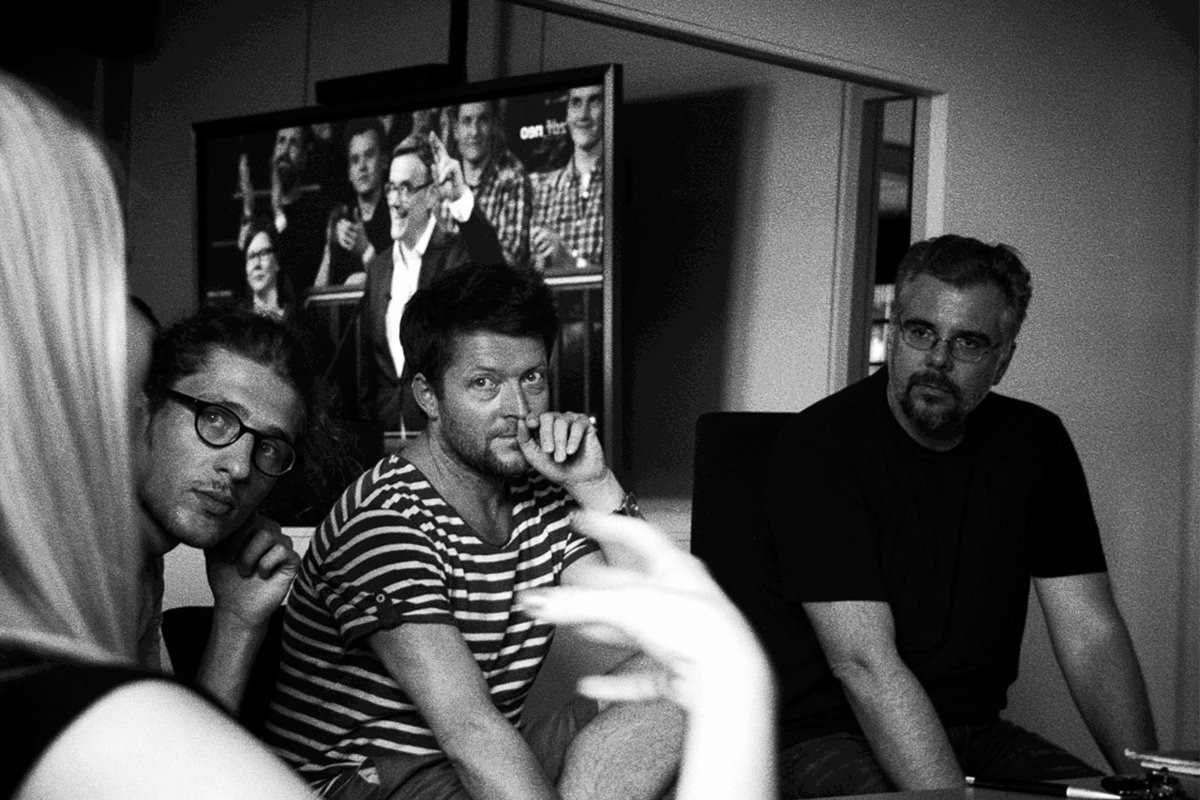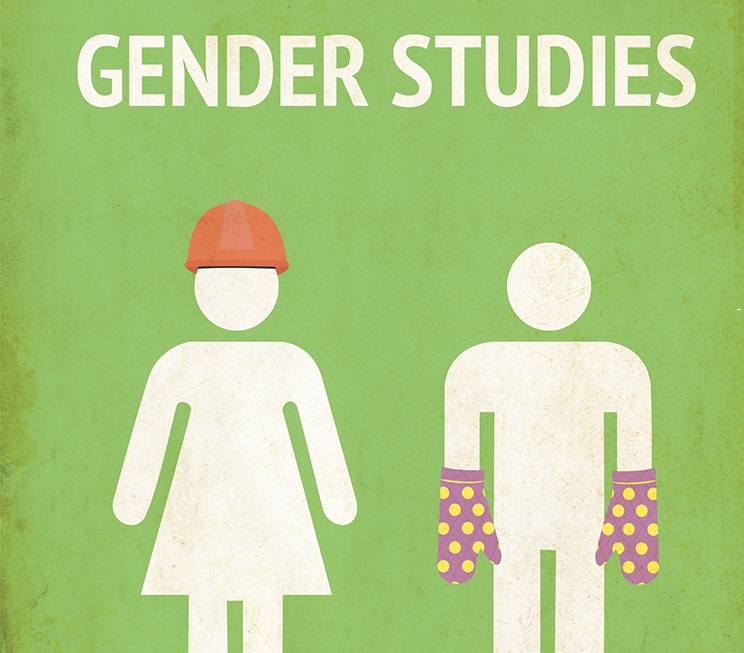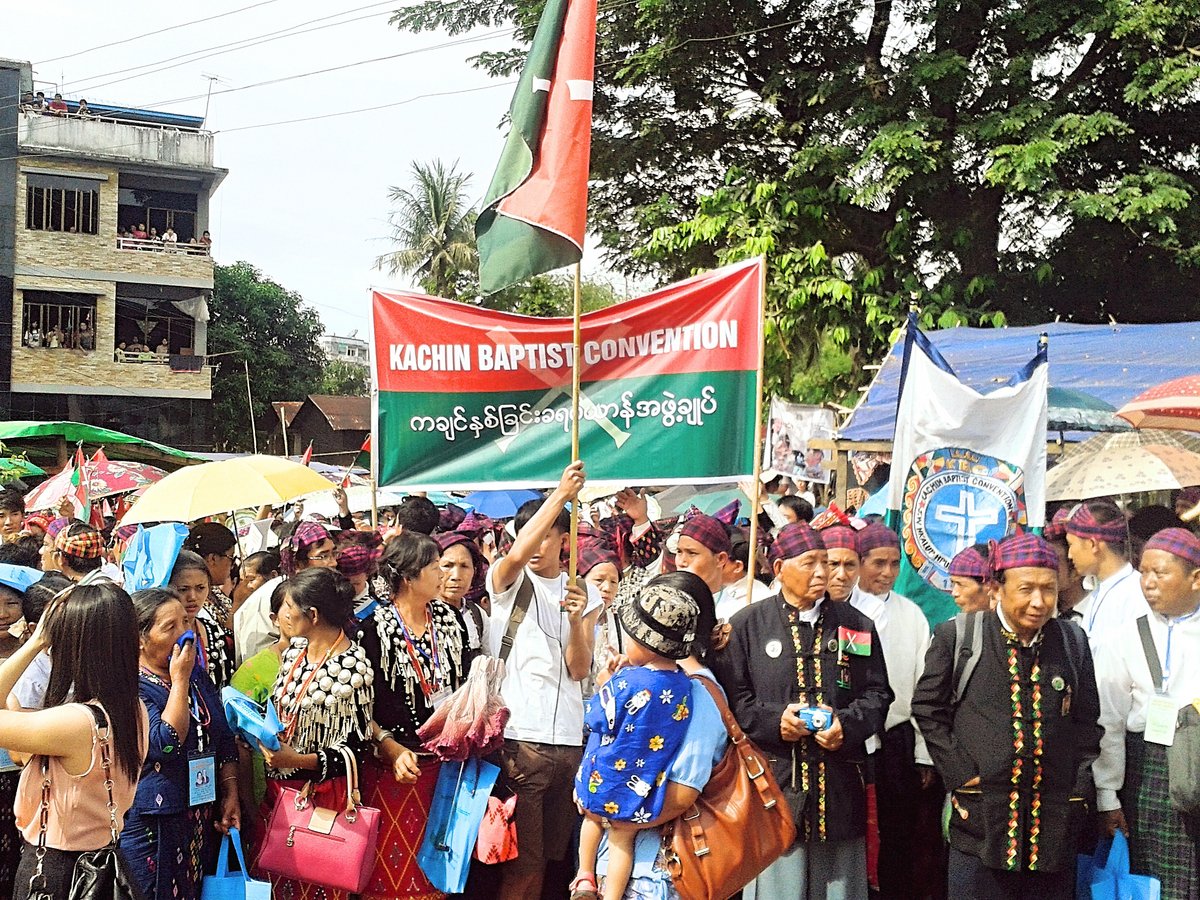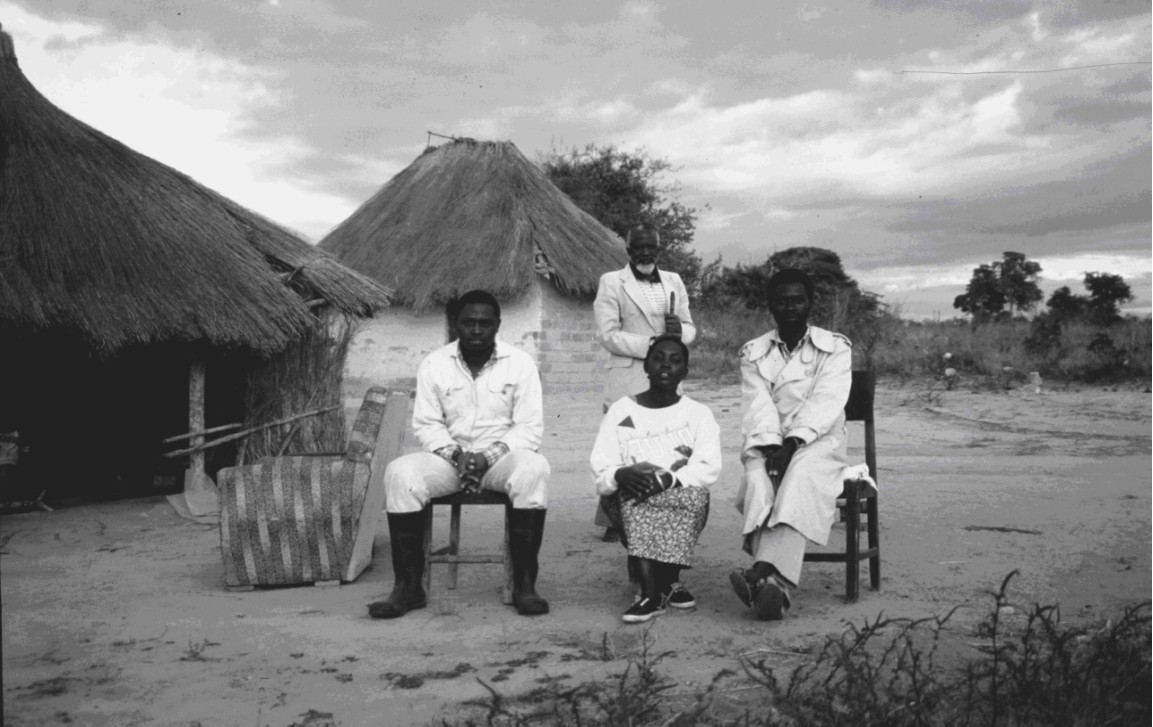
Microsociology
The main topics of research and teaching in Microsociology include integration trajectories of immigrants, dynamics of ethnic boundary making and exclusion, i.e. xenophobia and discrimination, and of international migration processes. The research activities follow the program of a theory driven and empirically grounded sociology, based primarily but not exclusively on quantitative research. The collection of primary data among minority members and the analyses of secondary data are the basis for this kind of research.
Empirical Social Research and Higher Education Research
The Research Group on Higher Education

Empirical Social Research with a Focus on Survey Research
Besides our focus on survey methodology and survey experiments, research interests cover labor market processes, social inequality, discrimination on markets, social network analysis, and the structure of the academic system. We run the surveyLAB, an infrastructure platform for the social sciences at the University of Konstanz. Once a year, our group conducts the Konstanz Citizen Survey.

Sociology with a Focus on Social Movements
The research group is concerned with the perceptions, practices, and impact of social movements in both national and international contexts, as well as with their relations to other actors. Additionally, our research agenda includes empirical analyses of crises, protest, solidarity, and civil society engagement. We thus take an interdisciplinary approach to political sociology, relying in particular (but not exclusively) on surveys and experimental methods for data collection.

General Sociology and Macrosociology
Current research interests of our research group focus on problems of social theory, particularly concerning world society theory and network theory as well as processes of differentiation and institutionalization from historical and comparative perspectives. Various projects deal with political, economic and environmental issues primarily employing qualitative and comparative methods.

General Sociology and Cultural Sociology
The Chair of General and Cultural Sociology in Konstanz stands for an empirically oriented and methodologically reflected social and cultural science. Christian Meyer’s current research attempts at further developing cultural and social theories by addressing the fundamentals as well as cultural differences of human sociality. With his internationally connected team, Meyer also works on media, communication and interaction sociology as well as the methodology of qualitative research, particularly video based conversational and interaction analysis and ethnography of practice. For this purpose, the team maintains a methodological laboratory for qualitative social research. Current research by the team addresses such topics as social heterogeneity, media, dementia, sports, body, spirituality, medicine and science and is positioned between the sociology of knowledge and practice theory, especially in the context of ethnomethodology. The comparative focus also connects the section to the social and cultural anthropology in Konstanz.

Sociology with a Focus on Gender Studies
The working group focuses on inequalities between men and women, especially regarding the labour market and the education system.Examples are the explanation of pay gaps and the examination of gender typical courses of study. The influence of welfare state systems on life courses, disparities in the participation of elderly in paid work, care work and volunteering in Europe are also of interest. We use statistical analysis for the evaluation of data from various surveys.

Social and Political Anthropology
The research group Social and Political Anthropology specializes in political and legal anthropology. Based on long-term ethnographic fieldwork (with a focus on Central and Southeast Asia as well as Europe), our current research interests are the anthropology of the state, statelessness, practices of ordering, community, authority, (neo-)traditionalization, legal pluralism, constitutional politics and activism. In general, research in social and cultural anthropology in Konstanz has an international orientation and aims at research-based theory-building while also seeking dialogue with qualitative approaches in Cultural Sociology.

Social and Cultural Anthropology
Prof. Thomas G. Kirsch has a specialised interest in the anthropology of religion and political anthropology; he has conducted long term anthropological fieldwork in southern Africa, most particularly Zambia and South Africa. Further fields of research pursued by his colleagues and PhD candidates are, for example, human trafficking, bureaucracy, activism, police, migration and refugees, (anti)terrorism, diversity and trauma. Social and Cultural Anthropology in Konstanz has an international orientation and aims at research-based theory-building while also seeking dialogue with qualitative approaches in Cultural Sociology.
